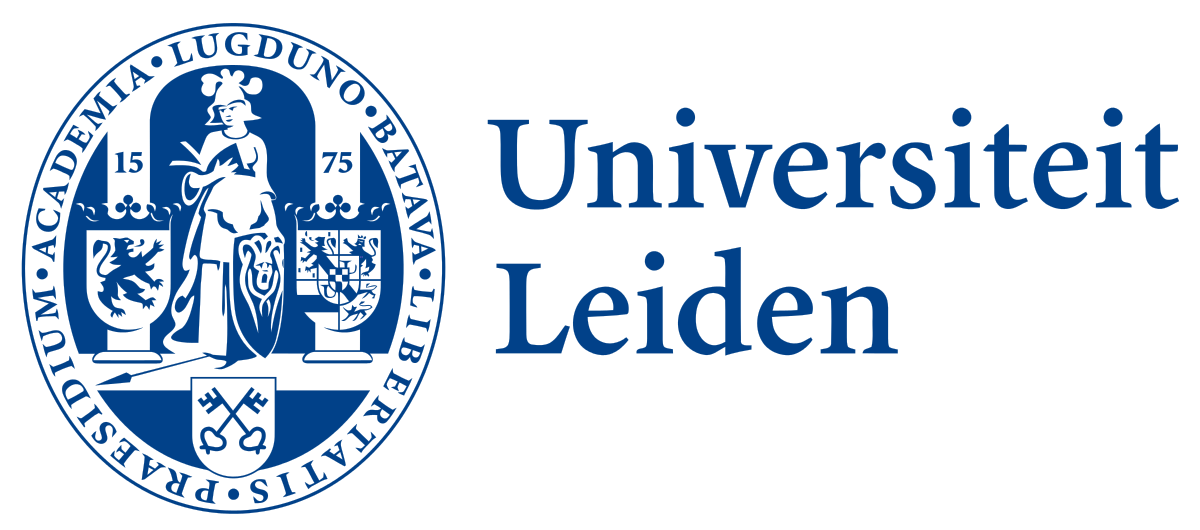Leiden University

Leiden University, TU Delft and Erasmus University Rotterdam have set out their plans for collaboration in a joint memorandum entitled ‘Adding Value’.
Unique combination
The new alliance of Leiden University, TU Delft and Erasmus University (LDE) in South Holland covers a unique combination of teaching and science domains: social sciences, humanities, economics, law, fundamental sciences (including life sciences), medicine and technical sciences.
Teaching, research, knowledge centres and thematic collaboration
The three universities aim to offer more bachelor’s programmes, set up joint graduate schools providing master’s and research master’s degrees and PhD tracks, and create joint knowledge centres. The plans also include thematic, supra-disciplinary partnerships in such fields as safety and security and infrastructure and mobility.
Partnership in teaching, research and valorisation
In their vision for this strategic alliance, the three universities are reflecting the major societal issues contained in the European research policy 2020 and the Top Sector policy of the Dutch government. Research collaboration offers the partners a stronger foundation to remain among the world’s top universities. LDE also aims to strengthen the quality of the combined teaching and research and to broaden the range of programmes offered to students. Finally, Leiden, Delft and Rotterdam universities intend to cluster their activities in the field of valorisation and make their research findings available for applications that will benefit society
Confidence
The three universities have every confidence in the success of the collaboration. This confidence is founded in part on the positive experiences with existing co-operation projects between the three partners, one example being the Medical Delta partnership in the field of medical technology.
Better, more attractive teaching programmes
The three institutions aim to offer their students a better, more attractive range of teaching programmes. The alliance will broaden the range of bachelor’s programmes, for example, to include programmes that match the top sectors identified by the Dutch government. It will shortly become easier for students from Leiden, Delft and Rotterdam to choose programmes and subjects at any of the three partner institutions. In terms of master’s programmes, the partners intend to expand the co-operation that already exists between them and to reach agreements on particular specialisations.
Graduate schools and LDE Centres
In addition, the universities intend to set up joint graduate schools (a number are already in existence) and LDE Centers. These graduate schools comprise master’s programmes, PhD tracks and research master’s. LDE Centers are broad knowledge and research centre. Examples are a Graduate School of Science and an LDE Center for Governance (administration). The existing Centre of Arts and Archaeological Sciences (CAAS) will be expanded to form an LDE Center for Heritage. The plans also include a joint policy on professorial chairs and the sharing of research facilities, such as laboratories. As a result of this collaboration, more funding will become available for top-level research.
Thematic collaboration
The universities aim to enter into supra-disciplinary collaboration agreements on such themes as safety and security and infrastructure and mobility. This is in line with the major social issues formulated in the European Research Policy 2020 and the Top Sector policies of the Dutch government.
Ministry of Education, Culture and Science
The Adding Value document will be discussed in the coming weeks in various employee participation bodies, and will be submitted this spring to the Secretary of State for Education, Culture and Science, Halbe Zijlstra, responsible for higher education. If he approves the strategic alliance, the plans will be completed before the end of this year.
World top
The presidents of the three Executive Boards, Paul van der Heijden (Leiden), Dirk van den Berg (TU Delft) and Pauline van der Meer Mohr (EUR): ‘The combination of three universities, within close proximity to one another in a densely populated area of economic significance offers major opportunities for adding value in terms in teaching, research and valorisation. The aim of this new strategic alliance is to derive maximum benefit from the opportunities that lie before us. Together we are greater than the sum of our parts.